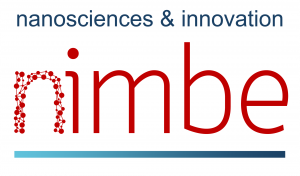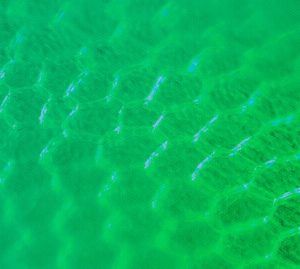Climate change resulting from accumulation of anthropogenic carbon dioxide in the atmosphere and the uncertainty in the amount of recoverable fossil fuel reserves are driving forces for the development of renewable, carbon-neutral energy technologies. Artificial photosynthesis appears to be an appealing approach for a sustainable energy generation as it produces “solar fuels” or commodities for chemistry in a stable and storable chemical form, from solar energy, H2O & CO2.
The eSCALED project is a contribution to structure early-stage research training at the European level and strengthen European innovation capacity to elaborate an artificial leaf. The ESR will be in charge of combining in a unique device a solar cell and a bioinspired electrochemical stack where H2O oxidation and H+ or CO2 reduction are performed in microreactors. The novelties in this project are at two levels:
- Developing sustainable joint doctoral degree structure based on inter/multidisciplinary aspects of biological/biochemical, condensed, inorganic & soft matter to device engineering and innovation development.
- Scientifically using, cheap and easy processes tandem organic solar cells, earth-abundant materials for water splitting, new generation of catalysts and natural/artificial hydrogenase enzymes for hydrogen production, formate dehydrogenases for catalytic carbon dioxide reduction, new proton-exchange fluorinated membranes and finally, electrode micro porosity to mimic the chloroplasts of a plant.
The eSCALED collaborative project brings together for the first time, 12 internationally recognized academic and industrial research groups. The project has an interdisciplinary scientific approach integrating the latest knowledge on catalysis, photovoltaic and polymer chemistry for self-structuration. Major outcomes will include breakthroughs in the development of artificial photosynthetic leaf as a photoelectrochemical device, highly trained researchers & new partners collaborations.
Scientific field:
- /sciences sociales/économie et affaires/économie/économie durable
- /sciences naturelles/sciences chimiques/chimie inorganique/composés inorganiques
- /sciences naturelles/sciences chimiques/science des polymères
Program(s)
- H2020-EU.1.3.1. – Fostering new skills by means of excellent initial training of researchers
Theme(s)
- MSCA-ITN-2017 – Innovative Training Networks
CEA contact : Bruno Jousselme (NIMBE/LICSEN).




